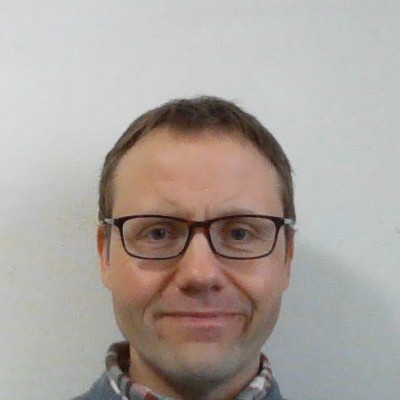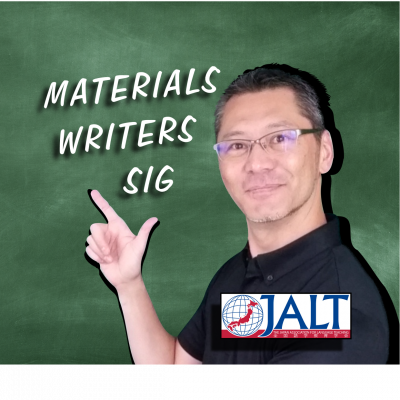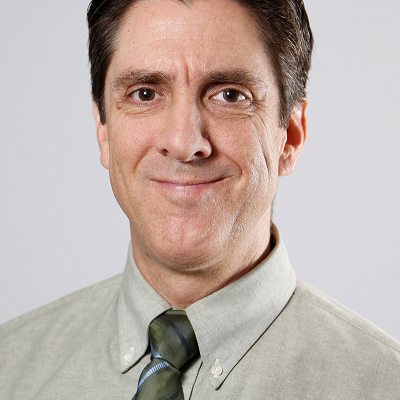Sessions / Materials Writers
The Unheard Voice in Materials Development #2971
The learning materials or textbook used in the classroom is a core component of language learning in the EFL industry. However, the material is often designed by teams of materials writers, located far away and completely faceless from the students' perspective. Additionally, multiple researchers in the field (McGrath, 2013; Tomlinson and Masuhara, 2018) have identified one pitfall of materials development and textbooks as the lack of a meaningful feedback loop from learners, what we refer to as ‘the unheard voice.’ This presentation will report on a survey carried out by the presenters to give students a voice by listening to their attitudes towards the materials used in class. Some of the main areas covered include the level of interest or enjoyment towards the current textbooks/materials used in class, problems that they perceive in current materials, the type of materials that students would like to use, the preferred modality of learning material delivery (such as traditional pen and paper, group work, video, and online quizzes). In addition, the survey went deeper by encouraging students to think more critically by asking them to consider designing their own materials and the content and format of these materials.
Practical Lessons from Materials Development #2976
In order to support materials development in EFL teaching in Japan, there is a need for sharing of expertise and practical experience. This can potentially be achieved through workshops which bring experienced developers together with teachers who have the interest or need to create materials. This workshop will begin in the form of a structured dialogue between two materials developers, one with 25 years experience and the other much newer to the field. Developing materials for language learning is fundamentally a practical process, and through the presenters’ guidance and offering different perspectives, they will share lessons learned in the trenches of materials development. Some topics covered are the use of linguistic and practical frameworks, utilizing skills and knowledge that you already have, finding your own working style, identifying your learners' language needs, working with different activity types, using deadlines effectively, and balancing your own interests with the needs and interests of the learners. For each topic, workshop participants will use these lessons and tips in groups as a stimulus to think about and develop learning materials for their own teaching context.
How to Create an Online Textbook or Workbook #2656
Though there are countless online resources such as Google Forms, Quizlet and Flipgrid, none of these are a viable commercial means for creating online textbooks or workbooks. Moreover, though materials writers may be adept at writing books, very few of them have the coding skills to turn their vision into an online reality.
The Materials Writers SIG is delighted to have Paul Raine from the digital platform ZenGengo, Elton LaClare from Sojo University, and John Carle from The English Gym series, speak about creating digital materials.
In this presentation, Paul Raine will talk about how individual writers and publishing companies can use a publisher’s version of the ZenGengo platform to create marketable online materials. Elton LaClare will relate the process of creating an online textbook for the Sojo International Learning Center at Sojo University. John Carle will outline how he created digital workbooks to supplement his textbooks.
The speakers will also address in detail, how to bring these online resources to market. They will explain how students can purchase materials directly online or through university bookstores using scratch cards.
This forum is meant for any educator, writer, or publisher who is interested in creating their own online textbooks or workbooks. There will be an open Q&A session at the end, so please be sure to attend if you are interested in this aspect of materials creation.
/l/ vs. /ɹ/: Minimal pair challenges, vocabulary, and communication #2889
Many Japanese English Language Learners (ELLs) have a hate-hate relationship with comprehending and pronouncing /l/ and /ɹ/ words, yet these two phonemes are an inescapable and integral part of the language. The fact that many /l/ words have an /ɹ/ minimal pair in the same part of speech (e.g., the nouns lack and rack) and the multiple vowel sounds of English necessitate learners’ recognizing and pronouncing those words accurately for successful understanding and communication. In helping Japanese ELLs face these /l/ vs. /ɹ/ challenges head-on, teachers can go beyond discrete minimal word pairs to minimal pair sentence contexts, introduce new vocabulary with accompanying images to enhance comprehension, and then help learners transition into communicative practice. The presentation will include a novel method of consciousness-raising about the correct tongue positions, and attendees will engage in fun, interactive, integrated-skills /l/ vs. /ɹ/ activities. These activities can be modulated as individual mini-lessons or extended into longer segments of academic, community, or workplace listening/speaking classes for learners at a range of proficiency levels. Attendees will be provided a set of PowerPoints, including embedded word and sentence pair audio, and the lessons are adaptable for one-on-one or group online or in-person classes.





